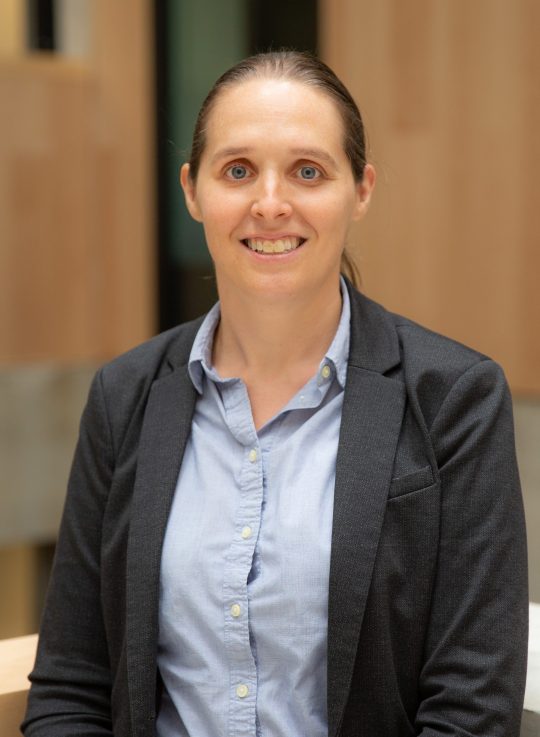
Zimbabwe
Bringing Light to Health Care: Lessons from the UNDP Solar for Health Program in Zimbabwe
- Status
- Completed Research
- Research Year
- 2020-21
The World Health Organization reports that one in four health facilities in sub-Saharan Africa have little to no access to electricity, and only 30 per cent of health facilities reported having reliable access to electricity. To address this issue, the UNDP started the Solar for Health Initiative in 2015, starting with their pilot in Zimbabwe. The Solar for Health project aims to establish dependable electricity access for off-the-grid healthcare centers infrastructure – including clinics, labs, hospitals etc. – through solar panel installations.
Researchers
Mentors
-

University of Toronto
Amy Bilton
Associate Professor, Faculty of Applied Science & Engineering; Director, Centre for Global Engineering, University of Toronto
-

Related Information
-

How the Solar for Health initiative establishes electricity access for off-the-grid healthcare centers in Zimbabwe




